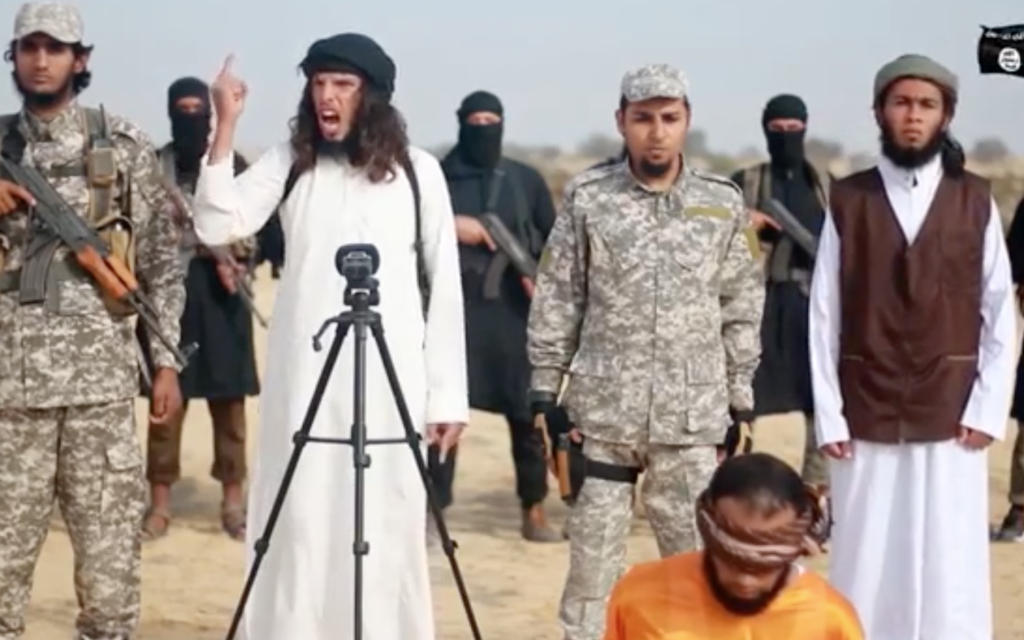
#Sinai imail full
May we merit always to see the good in the Land of Israel, and achieve a full rectification of the sin of the spies, allowing us to witness the complete fulfilment of Hashem’s covenant with Avraham speedily in our days.Įxtracted from Rabbi Immanuel Bernstein’s Devarim 2020 issue of “Dimensions in Torah” – a weekly parasha shiur. The lands of the final three nations originally promised to Avraham were placed beyond our reach until future times with the coming of the Mashiach. It turns out that the sin of the meraglim not only deferred our entry into the land for 40 years, it also limited the extent of the land that we were able to inherit at that time. Now, however, with a drop in our level of merit, the merits of those three nations surfaced and were taken into account. Had we not sinned, any merit those nations had that might entitle them to those lands would have been nullified by the merit of the people of Israel entitling them to the full fulfilment of the Brit Bein Habetarim. This is why the marking of those three nations as off limits, which was not mentioned in parashat Chukat, is mentioned in our parasha – for it is part of the rebuke for the sin of the meraglim! The answer is: The sin of the “meraglim” (spies) happened.Īs a result of that sin, we were no longer on a level where we could merit the full inheritance of the land. Indeed, the Vilna Gaon (Aderet Eliyahu, parashat Devarim) explains that this is the meaning of Hashem’s instruction to the people at Har Sinai to “come to the Emori and his neighbours”, namely, it was for purposes of conquering their land! However, as we have noted ,and as described in the second chapter, when the time came, we were warned not to approach them. It emerges that the full inheritance of the land includes those three nations. Who are those three nations? Rashi, citing the Midrash, (Bereishit Rabbah 44:23) explains that they are none other than Amon, Moav and Edom (Esav). However, when we consult back to the event when Avraham was promised the land, known as the Brit Bein Habetarim (Covenant between the Pieces), we see that the lands of 10 nations are mentioned, the final three being the Keini, Kenizi and Kadmoni (Bereshit 15:19). Here is what to do if you are experiencing monkeypox-like symptoms or have recently been exposed to monkeypox. We are familiar with the idea that the land of Canaan was occupied by seven nations whom the people of Israel needed to conquer. Mount Sinai Employee Health Services (EHS) provides telephonic consults for Mount Sinai employees who are ill with monkeypox or concerned about a monkeypox exposure and who need clearance to return to work. With what in mind are the people meant to come to those three nations? To whom, however, is the verse referring with the phrase “and its neighbours”? Rashi, citing the Sifrei, explains that the reference is to the three nations of Amon, Moav and Seir (Esav). We know that the Emori are one of the seven inhabiting nations of Canaan that the people were to conquer. In the beginning of chapter 1, the people, who have been encamped around Har Sinai for almost a year, are instructed to move on toward the Promised Land: “Journey and come to the mountain of the Emori and all its neighbours” (Devarim 1:7). To understand how, let us go back to a verse in the beginning of our parasha.

The answer, says Reb Leib Heyman, (Chikrei Lev, parashat Devarim), is that this too is part of the rebuke for the sin of the spies outlined in the first chapter. Likewise, there is no mention there of any injunction against waging war with Amon or Moav? Why are we being told all of this now? We were not given any additional information concerning this request, such as the reason why war with Edom was not an option.

What is the relevance of these directives to parashat Devarim? In parashat Chukat, which describes those events when they were actually happening, we were told only that the people of Israel asked Edom (Esav) for permission to pass through his land peacefully.



 0 kommentar(er)
0 kommentar(er)
